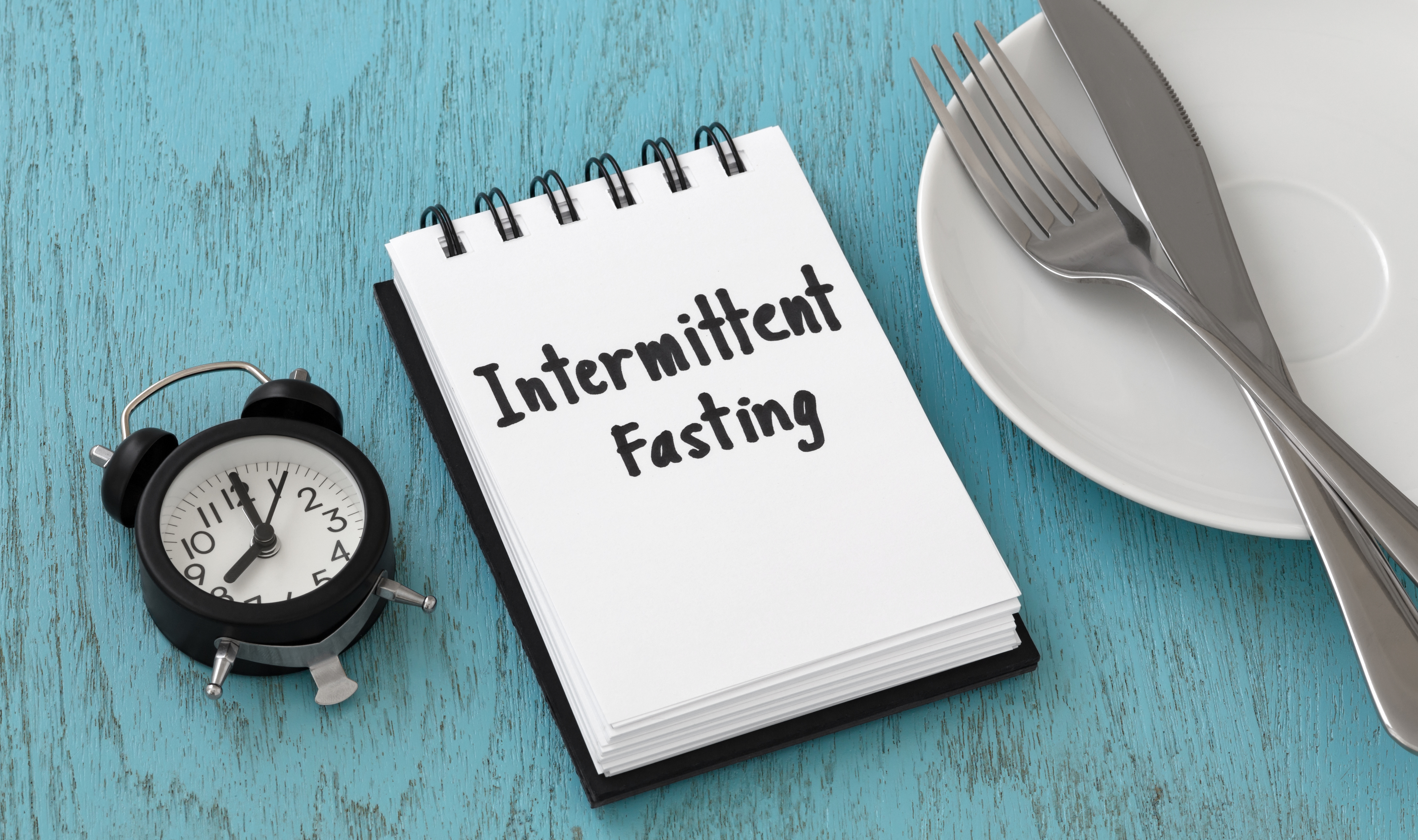
The main premise of the Keto diet is that by greatly lowering carb intake, you'll force your body into a state of ketosis, which means it burns fat instead of carbohydrates for energy iStock
Intermittent Fasting
Another dieting fad that has gained popularity over the last year is intermittent fasting or time-restrictive eating. It refers to an eating pattern that swings between periods of eating very little or nothing (fasting), and, eating regular meals. So basically, you fast for 16 hours a day and then eat all your meals in an eight-hour span. It effectively means you skip breakfast. Some fast for one or two days in a week. Devgan feels that intermittent fasting is not harmful because it allows you to eat everything. “It is a healthy approach as long as you don’t take it to the extreme. Listen to your body,” she advises.
Shikha Nehru Sharma, dietician and founder of Delhi-based Nutri Health is also in favour of intermittent fasting. “In India various cultures anyway follow intermittent fasting. Certain Jain families prefer to eat before sunset and fasting once a week is common amongst Hindus.” However, she advises against combining intermittent fasting with any other dieting fad. Also, she recommends drinking a lot of water when fasting to keep yourself hydrated.
While intermittent fasting finds favour with dieticians and nutritionists in India, in a 2018 U.S. News & World Report article, it was ranked one of the lowest on a list of 40 diets. Its primary criticism is that there is no guide on what to eat during non-fasting days/time. Sharma’s advice is to have a balanced diet on non-fasting days. Adds Mundhra: “You should have every food group on your plate, you can eat more of some and less of other, but you should have all of them.”
Khosla says intermittent fasting can be harmful if not done properly and is not advisable for people with diabetes as it can lead to a fall in sugar levels.
Paleo or Cavemen Diet
Hollywood stars such as Uma Thurman and Megan Fox are big advocates of the Paleolithic or Caveman diet. It typically includes lean meats, fish, fruits, vegetables, nuts and seeds — foods that in the past could be obtained by hunting and gathering. The diet does not include dairy products, legumes and grains. While it has its merits, if not done right it can cause harm. Sharma says parts of it make sense such as eating loads of fruits and vegetables. “However, a strong meat diet with no grains and legumes is fundamentally unhealthy,” she adds.
Mindful Eating
Sharma is in favour of practicing mindful eating. It is an emerging trend with a simple concept: You listen to your body and eat when you are hungry and stop when you are full. “To be mindful of what you are doing including eating is so philosophical,” she says. Sharma believes that once you are mindful of what you are eating you won’t overindulge or choose unhealthy food. “When you actually slow down and pay attention to what you are eating you have a nutritional connect with the food.”
Adds Khosla: “Mindful eating, what you eat, when you eat, what you digest, what you don’t, and who you are all play a role in determining your diet plan.” She believes one needs to have a sustainable approach to one’s diet as diets are not one-size-fits-all. So what works for your neighbour, may not work for you.
So, what should you do if you are looking at going on a diet and losing weight this year?
For long-term weight maintenance and overall health, Devgan suggests the following sensible approaches to a healthy diet
- Modify your diet but don’t remove any one food group. Have a balanced diet.
- Eat in moderation. Eat more of the good food and crowd out the bad food. Give yourself small weekly targets that you can maintain. Such as having three helpings of vegetables or adding more wholefoods to your diet. Make changes gradually and take positive decisions that are good for your body.
- Don’t say no to any food
- Keep your palate happy. You can cut down your calorie intake to zero but if it makes you unhappy and your stress levels are playing havoc, you will still put on weight. Stress is one of the biggest causes for weight gain.
Ask anyone what New Year resolution they’ve made, and chances are that they will tell you in a wistful tone that they want to lose weight and become fitter. But now more than ever before they're spoilt for choice with a smorgasbord of dieting choices before them. Should they attempt to evaporate the kilograms by going on the Keto diet? Or should they lay waste to their weight by trying out what's called intermittent fasting or time-restrictive eating? And for those who believe that modern living is hopelessly soft, how about going back to the brilliantly named Caveman Diet?
Keto Diet
Halle Berry and Kim Kardashian swear by the Keto or the Ketogenic diet, a high-fat, low-carb diet that has become all the rage globally. The main premise of the Keto diet is that by greatly lowering carb intake, you'll force your body into a state of ketosis, which means it burns fat instead of carbohydrates for energy. As per the diet, roughly 80 per cent of your daily calories will come from fat. While it may be extremely popular, most dieticians warn against it. “Such a fat-intensive diet will have a negative impact on your organs in the long run. We don’t have any long-term research on Keto. All research is short term. Logically, it doesn’t make sense,” says Delhi-based dietician Kavita Devgan who has written a book called Don’t Diet – 50 Habits of Thin People. Fad diets and going to extremes by cutting out major food groups — like carbs — simply aren't sustainable strategies in the long run, feels Devgan. “It is important to have a balanced diet,” she insists.
Tapasya Mundhra, another Delhi-based nutritionist agrees with Devgan on the long-term negative impact of Keto but says that if your goals are short-term then you might possibly try it. “If you want to lose a few kilos urgently then you can do it for 2-3 months.” However, she warns that you are likely to gain more weight once you go off the diet.
Keto is also extremely difficult to follow because it involves cutting out almost all carbohydrates. That means giving up or limiting conventionally healthy foods like fruit, whole grains and vegetables.
Nutritionist Ishi Khosla, founder of Whole Foods also warns against Keto as a weight-loss tool. “It is a prescribed diet for epileptic patients, especially children. To use it for weight loss is not healthy in the long term.”

Intermittent fasting refers to an eating pattern that swings between periods of eating very little or nothing (fasting), and, eating regular meals iStock













